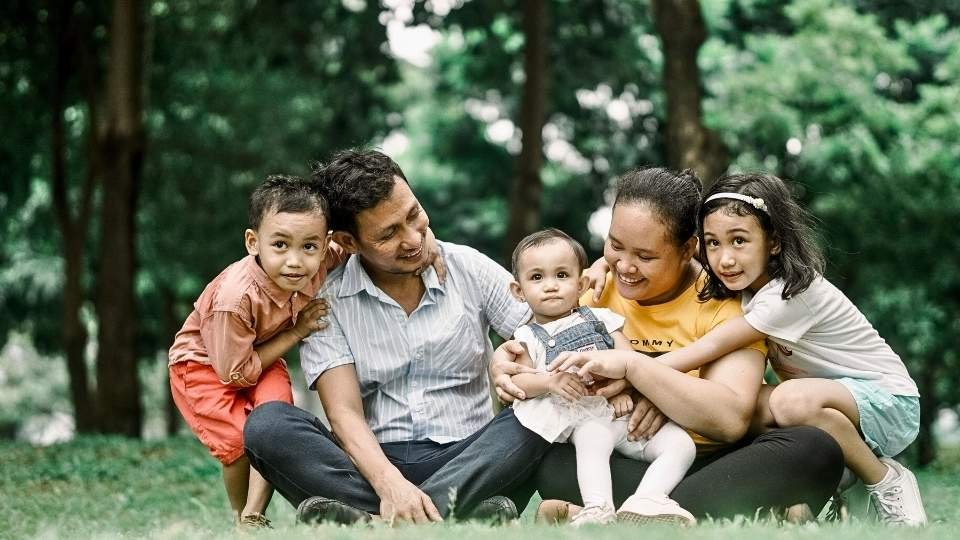Top 10 Parenting Trends You Need to Know in 2025

Top 10 Parenting Trends You Need to Know in 2025. Parenting trends in 2025 is transforming in powerful ways. From mental wellness to AI tools, parents are adopting fresh approaches to raise happy, healthy, and future-ready children. Whether you’re a new parent or looking to improve your family dynamics, staying on top of the latest parenting trends is essential.
In this article, we’ll explore the top 10 parenting trends you need to know in 2025 and how they’re changing family life for the better.
1. Prioritizing Children’s Mental Health
More parents now recognize that mental health is just as important as physical health. In 2025, parents are introducing mindfulness practices for kids, open emotional conversations, and mental health apps designed for children. Therapy is being viewed not just as a solution, but a proactive step for emotional development.
2. Digital Detoxing Becomes a Family Ritual
With screen time at an all-time high, families are carving out tech-free days or weekends. These screen-free breaks are helping parents and kids reconnect through offline family activities like nature walks, puzzles, and home projects.
3. Gender-Neutral Parenting on the Rise
Parents in 2025 are embracing gender-neutral parenting by avoiding gender stereotypes in clothing, toys, and expectations. They encourage self-expression and emotional intelligence without labeling their child’s interests based on gender.
4. Sustainable Parenting Is the New Normal
Eco-conscious parenting is booming. From cloth diapers and reusable lunch gear to homemade toys and zero-waste lifestyles, parents are teaching kids the value of sustainability from a young age.
5. Personalized Education Paths for Every Child
Education is becoming more customized. Parents are turning to adaptive learning apps, hybrid homeschooling, and micro-schools to match their child’s learning style. The goal is to promote strengths and support weaknesses through a tailored learning experience.
6. Parenting with AI Support
Artificial intelligence is making parenting easier. In 2025, families are using AI baby monitors, smart schedule apps, and virtual assistants that offer tailored parenting advice. AI tools help monitor sleep, behavior, and even nutrition.
7. Intergenerational Living for Stronger Bonds
Multigenerational households are becoming more common, with grandparents, parents, and kids under one roof. This model offers built-in childcare support, stronger emotional connections, and cost savings for families.
8. Conscious Parenting Replaces Authoritarian Styles
The shift from strict rules to respectful parenting is growing. Parents are focusing on communication, empathy, and guiding behavior rather than punishing it. This approach builds trust and cooperation instead of fear.
9. Financial Literacy for Kids
Parents are teaching money skills early through allowances, kid-friendly budgeting apps, and investing lessons. This trend prepares children for real-world responsibilities and encourages smart financial decisions.
10. Global Citizenship and Cultural Awareness
With the world more connected than ever, families are raising children with a global perspective. Language learning apps, international online classrooms, and celebrating global holidays are now part of daily parenting routines.
Bonus Trend: Work-Life Balance with a Family-First Focus
Parents are now seeking flexible jobs that allow more family time. Remote work, parental leave benefits, and career shifts are helping parents stay present during their child’s key milestones while also maintaining personal goals.
Conclusion
Parenting in 2025 is about balance, awareness, and innovation. These trends reflect a deeper understanding of what today’s children need—emotional support, personalized growth, and global awareness.
By staying updated with these parenting trends, you can raise confident, emotionally healthy, and socially aware kids ready to thrive in the modern world. Whether you’re navigating toddler tantrums or teenage transitions, these shifts offer a roadmap to more mindful and effective parenting.


